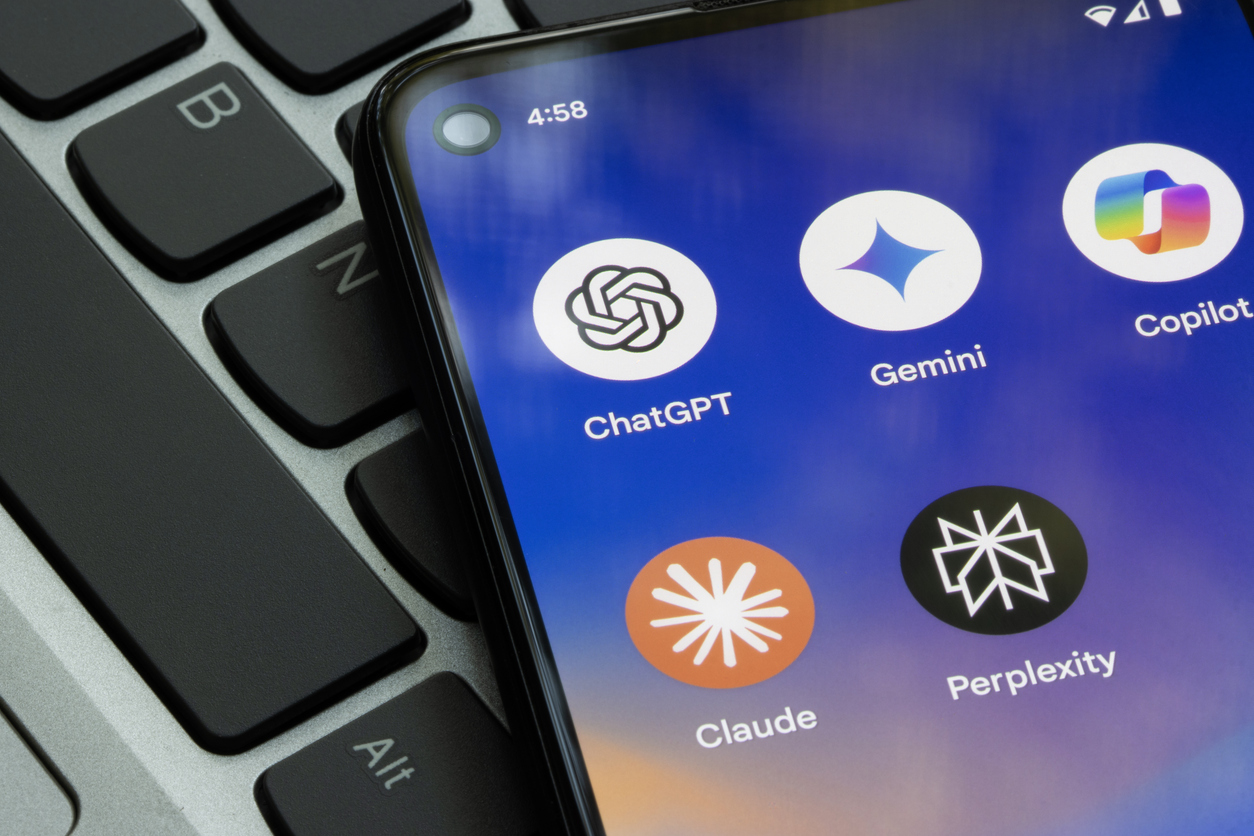The Scoop: ChatGPT’s Ghibli-esque images highlight IP risks
Also: Influencer showcase gives creators platform to engage CMOs; return of ‘OG’ Facebook could have major impact on brands.

The release of OpenAI’s updated image generation tool has sparked controversy, particularly regarding its ability to replicate the iconic animation style of Studio Ghibli.
Shortly after the ChatGPT update on Tuesday, social media users began sharing generated images, ranging from personal photos to violent representations of 9/11, generated in a Ghibli-esque style.
OpenAI CEO Sam Altman changed his profile picture on X to a Ghiblified image of himself.
While some view the images as a fun social media trend, others have voiced concerns about the ethical implications of AI creating such works. Critics highlighted the issue of intellectual property and the potential for AI to undermine human artists by mimicking distinctive styles. Studio co-founder Hayao Miyazaki has previously expressed disdain for AI, calling it “an insult to life itself” in a documentary, according to The New York Times.
This adds to a growing number of creatives – writers, musicians and visual artists – and corporate content creators who’ve condemned AI’s use of unlicensed works to train models. The Times article doesn’t indicate if ChatGPT licensed the artwork to train its LLMs model.
In response, OpenAI said their goal was to give users as much creative freedom as possible.
“We continue to prevent generations in the style of individual living artists, but we do permit broader studio styles — which people have used to generate and share some truly delightful and inspired original fan creations,” Taya Christianson, a spokesperson for OpenAI, told the Times.
Why it matters: The Miyazaki case highlights the critical need for brands to protect their IP – whether it’s photos, videos or written material. Today, AI models, like LLMs, can scoop up almost any content and then turn it into something for others to use unknowingly.
While public backlash against this practice is growing, it won’t be enough to shift the balance in favor of creators in a court of law. Brands must take a proactive stance to defend their intellectual property, much like news outlets that have recently taken legal action against AI companies for using their content to train LLMs.
For instance, a judge recently allowed The New York Times’ copyright case against OpenAI to proceed. OpenAI argues that replicating content falls under fair use rules, but this legal battle underscores the importance of protecting original work.
To safeguard their content, brands should ensure they copyright or trademark their work. This creates a strong legal foundation if someone uses their content without permission. Tracking where and how they create content also helps establish ownership.
They should also consider installing access limitations and using encryption to protect content.
By adopting proactive strategies, brands can stay ahead of these challenges and be ready if the need for more intense legal recourse arises. As the saying goes: The best defense often starts with a strong offense.
Editor’s Top Reads
- Spotter, a creator-centric partnership company, hosted an invite-only showcase to connect top YouTubers like MrBeast and Rebecca Zamolo directly with CMOs, reinforcing a growing industry shift. While the event isn’t a traditional upfront, it serves a similar function by highlighting creators as major media players. “Let us show you how large these opportunities are and why you should consider these creators as the networks and the hit TV shows of today,” Nic Paul, president of Spotter, told AdWeek.For communicators, this signals a shift in how brands view influencers — not as one-off campaign partners, but as long-term collaborators. With consumers craving authentic, personality-driven content, influencers with established brands and loyal followings offer powerful, ongoing opportunities. As YouTube continues to dominate streaming, it reinforces the growing role of creator-led content as a significant force in social media marketing.
- Facebook is launching a new Friends tab that features only updates from friends – without recommended content – to reconnect users with the platform’s original social networking purpose. Rolling out first in the U.S. and Canada, the tab will include posts, Reels, stories, birthdays and friend requests. Mark Zuckerberg’s push to revive the “OG” Facebook experience aims to restore the platform’s cultural relevance, but it could also make the platform less appealing for brands. Companies and influencers that rely on Facebook’s current feeds may see reduced organic visibility. While Zuckerberg hinted at more changes coming to Facebook in the months ahead, he didn’t address potential business impacts. Brands that rely on Facebook as part of their social strategy should monitor the shift closely.
- Dutch bank ING is being sued by the European Union for not taking enough climate action, part of a growing trend across the pond where companies face legal pressure to cut emissions. Meanwhile, in the United States, asset managers like BlackRock face mounting political pressure to stop making climate-focused investments, according to the Wall Street Journal. This issue extends well beyond messaging. It’s about actions. These brands have programs and responsibilities that they can’t just message their way out of. Brands in these situations are going to face scrutiny no matter what they do on either side of the pond. It’s not about taking extreme stances but ensuring a clear, legally vetted approach that ties climate action to business benefits like cost savings, risk management and consumer demand. “I think most companies are going to do what makes sense for them financially,” David Levine, co-founder and president of ASBN, told the Journal. “We have to be vocal about this political and legal threat and we should not be intimidated out of doing the right thing for our businesses and our economy.”
Casey Weldon is a reporter for PR Daily. Follow him on LinkedIn.







